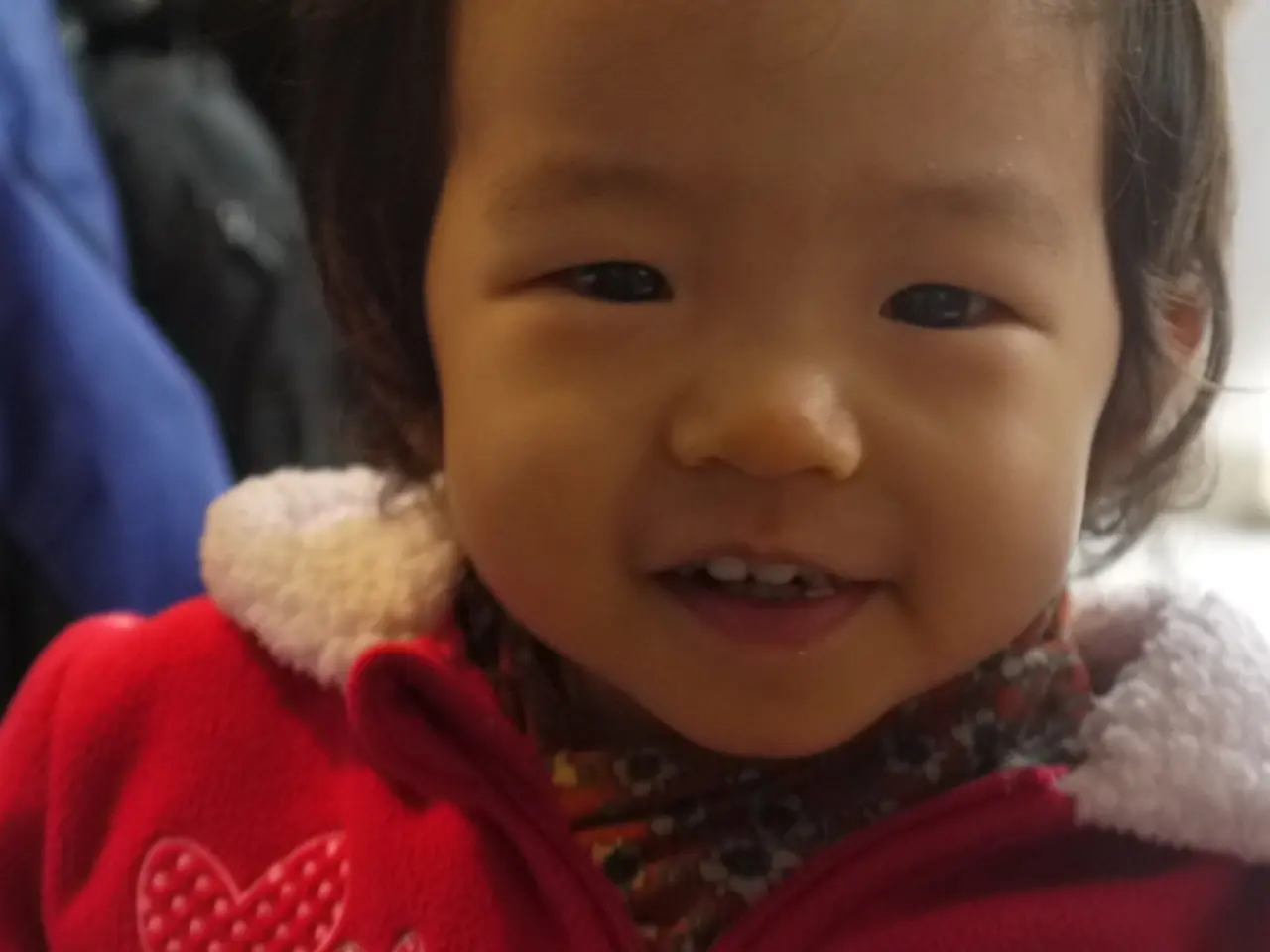Treatment and Identification of Postpartum Depression
Postpartum depression (PPD), also known as peripartum depression, is a form of depression that can affect individuals during pregnancy and after childbirth. This condition can persist for months or even longer.
Symptoms of PPD may include changes in energy levels, sleep, and eating habits, as well as feelings of extreme sadness, indifference, anxiety, anger, and agitation. Misery is another common symptom. If you're experiencing any of these symptoms, it's essential to seek help.
Fortunately, several organizations offer support for those dealing with PPD. These include the Centre of Perinatal Excellence (COPE), Postpartum Support International (PSI), and Health Resources & Services Administration (HRSA). In the United States, the Maternal Mental Health Leadership Alliance (MMHLA) and Postpartum Support International (PSI) also provide support, advocating for policies, building partnerships, and sharing information to improve maternal mental health nationally.
Treatment options for PPD are varied. Psychotherapy (talk therapy) is often used and can help alleviate symptoms. Two common forms of psychotherapy used with PPD include cognitive behavioral therapy (CBT) and interpersonal therapy (IPT).
In addition to psychotherapy, mindfulness-based interventions, lightbox therapy, and brain stimulation therapy (including electroconvulsive therapy and transcranial magnetic stimulation) can be used to help manage symptoms. The American Psychiatric Association recommends psychotherapy without medication for pregnant people or those who are breastfeeding with mild anxiety or depression. However, they may prescribe medication for those experiencing moderate or severe depression or anxiety.
It's crucial to discuss medication use during pregnancy and breastfeeding with a psychiatrist who specializes in perinatal mental health. This is because the effects of medications on the developing baby can be significant.
PPD can recur, and those who have experienced it once have an increased chance of experiencing it again. Close monitoring is essential for these individuals.
Interestingly, about half of the people diagnosed with PPD have never experienced depression before. This highlights the need for increased awareness and support for those affected by this condition.
Research has shown that women of colour and those with low socioeconomic status are at an increased risk of prenatal and postpartum depressive symptoms and are less likely to receive treatment. This is a concerning trend that requires attention and action.
For those who don't want to take medication, especially while pregnant or breastfeeding, effective options for PPD treatment are available. These include enhancing your support system with friends, family, other parents, and support groups, focusing on self-care, such as eating nutritious food, getting exercise, relaxing, and getting enough sleep, and using alternative therapies like mindfulness and light therapy.
In 2019, Zulresso (brexanolone), the first drug specifically for PPD, was approved by the Food and Drug Administration (FDA). This drug is administered via IV infusion over a 60-hour period and is given only under medical supervision in a restricted program due to its potential to cause sedation and loss of consciousness.
Remember, it's okay to ask for help if you're struggling. If you suspect you may have PPD, take the Edinburgh Postnatal Depression Scale (EPDS), a widely used method to assess for PPD. This scale consists of 10 questions that prompt you to score how you're feeling.
If you're experiencing symptoms of PPD, don't hesitate to reach out to one of the organisations mentioned above for support. You're not alone, and help is available.
Read also:
- Nightly sweat episodes linked to GERD: Crucial insights explained
- Antitussives: List of Examples, Functions, Adverse Reactions, and Additional Details
- Asthma Diagnosis: Exploring FeNO Tests and Related Treatments
- Unfortunate Financial Disarray for a Family from California After an Expensive Emergency Room Visit with Their Burned Infant








